With these eight tips, we hope to show you how easy it is to make nighttime camping better for you and your fellow RVers.
1. Turn Off Your Vehicle’s Headlights At The Campsite
If you’ve ever been blinded by someone pulling into a campsite late at night or lost your night vision when someone suddenly turned on their headlights, then this tip is for you. Most of the time, you plan to arrive at your campsite while there’s still daylight. But sometimes unforeseen circumstances, like a traffic delay or an unplanned side trip, can cause you to arrive well after dark. If this happens, just make sure that as soon as you pull into your campsite, you turn off your vehicle’s headlights. Try to keep them off as long as you are parked to avoid any lights turning on when you start your engine. This is a courteous way to avoid shining a bright light into the neighboring tents and RVs.
2. Be Careful Where You Shine Flashlights
Vehicle headlights aren't the only bright lights that can ruin your neighbors’ campground vibes. Bright flashlights can be a nuisance too. When walking around a campground at night, try to think about where your flashlight is pointed. With so many bright headlamps and torch flashlights on the market, it can be easy to accidentally irritate other campers with a bright beam. We understand that you’ll likely need some light when you’re walking around in the dark, so try to be aware of your surroundings and make a mental note of any walkways or campsites during the day so you have a general idea of where other people are camped. Whenever we’re camping around other people, we typically use the lowest possible setting on our flashlights. The only exception is if we are camping somewhere that has bears or other large predators.
3. Consider Using The Red Setting On Flashlights
Piggybacking on our last tip, you might want to think about purchasing a flashlight with a red light setting. If you didn't already know, the vast majority of animals cannot see red light, which is one of the reasons hunters use this color (and green) when out in the woods. Also, red light is easier on your eyes at night, which allows the photoreceptors to adjust faster to night tasks.
As astrophotographers, we have found red lights to be our preferred type of light when taking pictures of the night sky. Not only is it easier on our eyes, but we are also less likely to bother nearby campers with bright lights when we’re photographing stars well after midnight.
4. Turn Off Lights Before Bed
A popular question that a lot RVers ask is: should you turn off your exterior RV lights before bed? And we think the answer is yes. It's fine to have your outside lights on when you’re sitting around enjoying your campsite, but when you turn in for the night, it’s best to be polite and turn them off. Many people head to campgrounds to enjoy the night sky, and if your lights are on, it makes it much more difficult for your neighbors to enjoy the sights above. Turning off your lights is just good campground etiquette!
5. Use Low Luminance Lights
Some RVs have different settings where you can dim your exterior lights, so you might want to consider using a lower luminance level. If your RV isn't equipped with this setting, think about getting a portable light that can be dimmed or has a very low setting. This same campground etiquette tip also applies to if you are sitting around your campground during quiet hours. It's good practice to use a light that illuminates only the smallest, most necessary area. Some RVers have found that hanging rope lights directly under their RV can help deter mice and rats (some rodents are light-sensitive). If you feel the need to keep a rope light under your RV at night, make sure to use a dimmable brand so you don't disturb nearby campers.
6. Follow Campground Rules At Dark Sky Parks
Did you know some campgrounds actually have rules around keeping your exterior lights on at night? If you have never been to one of these parks, just know that the rules are in place for an important reason—less light pollution at the campground means more stars to view. This is one of our family's main reasons for camping. Dark sky parks offer some of the best spots for campers to enjoy the starry skies without light pollution. Check with a local ranger or the park office to see what time exterior lights should be dimmed to their lowest levels or turned off completely.
Copper Breaks State Park is our favorite International Dark Sky Park, and it’s only a few hours away from our hometown. Driving four hours to sit under these very dark, Bortle 2 skies is always worth it.
7. Minimize Lights Around The Campsite
String lights can make a campsite look inviting and feel like home! They add an ambience to a campsite that make you want to stay outside, enjoy other people's company and have fun at night. Unfortunately, not all campers understand how these lights can impact others around them. One of the major drawbacks to putting up these lights is, most of the time, they can't be dimmed. If you are showing good campground etiquette, think about how these lights might alter someone else's camping experience and be sure to turn them off when you’re done for the night. If you are staying in a campground that celebrates Christmas or other festive holidays, then string lights and other celebratory lights are typically allowed for a limited period of time. However, these types of park celebrations should be viewed as the exception and not the rule.
8. Use Motion Sensitive Security Lights
One of the arguments for keeping RV lights on at night is to help provide security. The thinking is that bright lights will help deter any theft or unwanted animal encounters. We agree that security lights can be a great option for this, but we recommend getting motion activated lights. You can easily add security lights to your RV, and they only go off when an animal or unwanted guest approaches your campsite. They also minimize unnecessary campground lights after you have gone to bed. Just remember to move your most valuable items closer to the entry of your RV, or simply put them away and lock them up at night. Motion activated security lights are a win-win solution for both you and your stargazing neighbors.

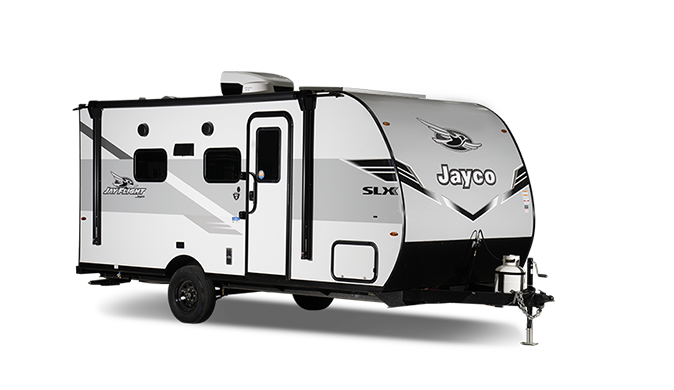
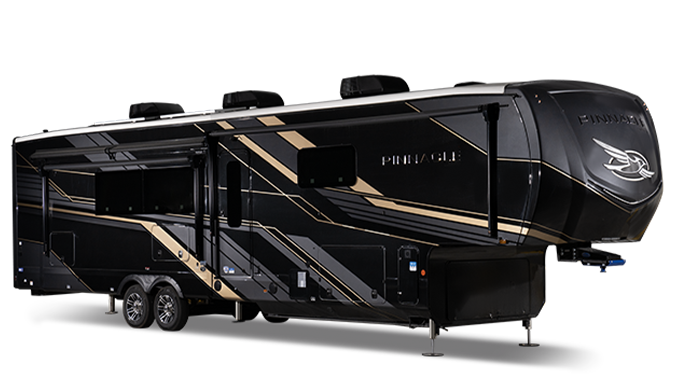
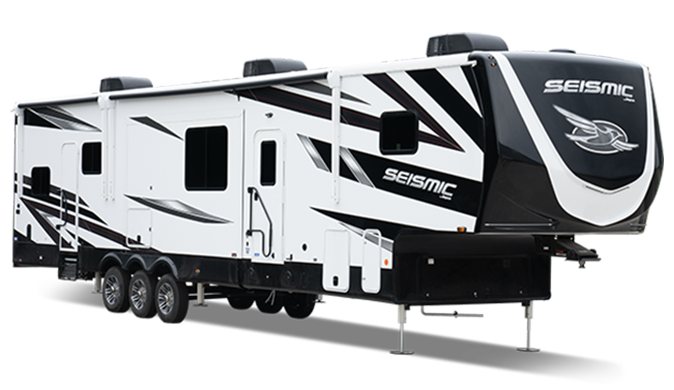
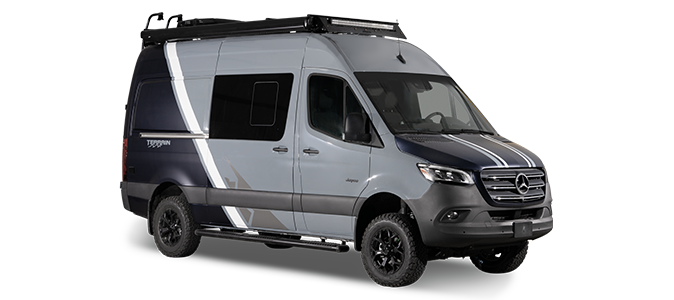
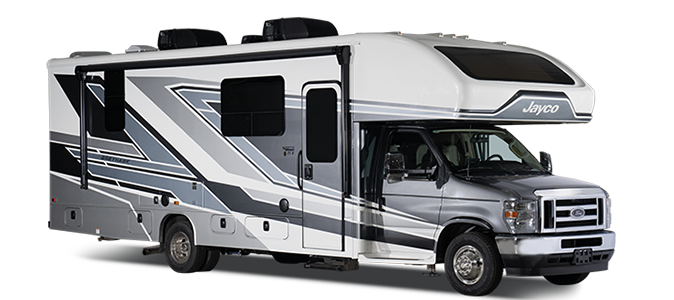
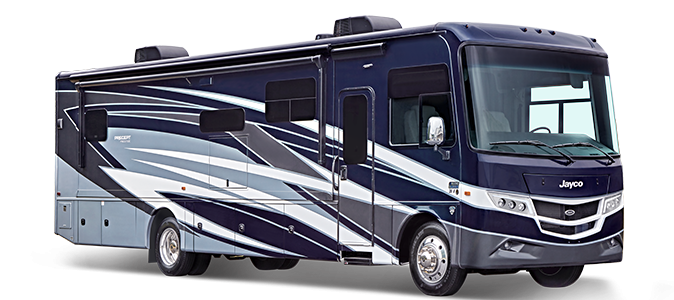
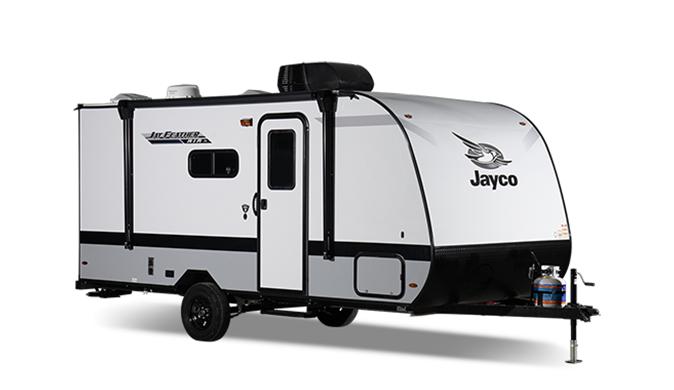
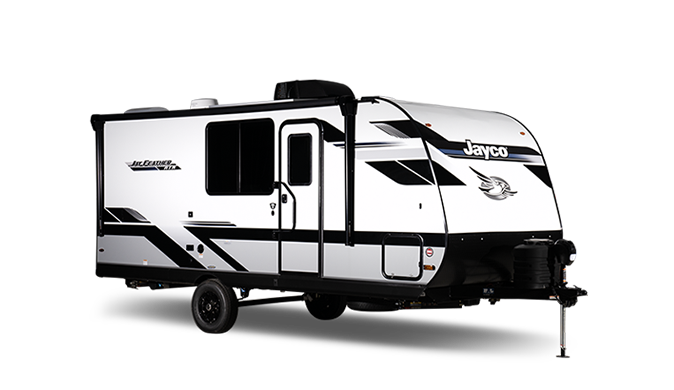

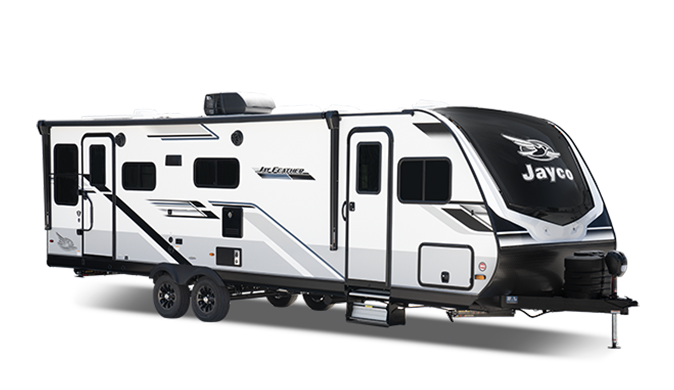
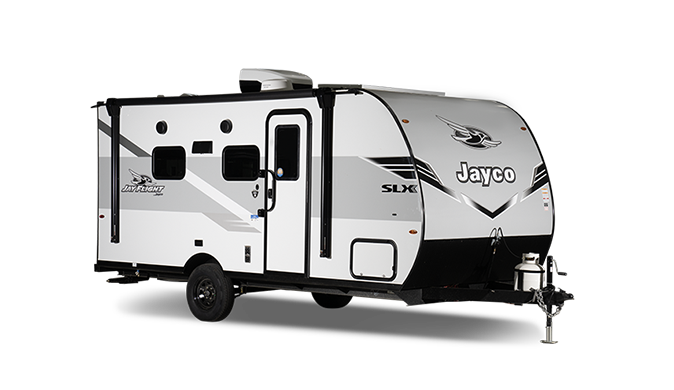
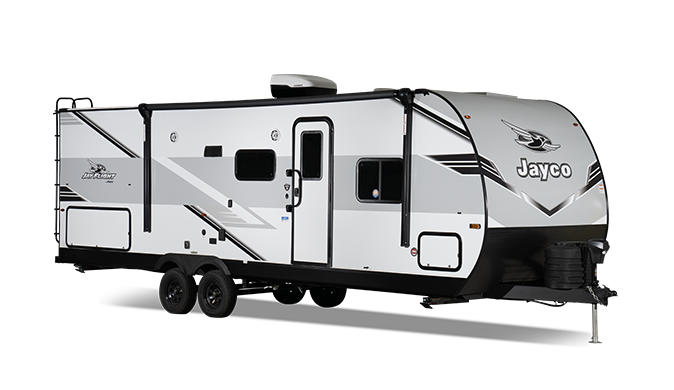
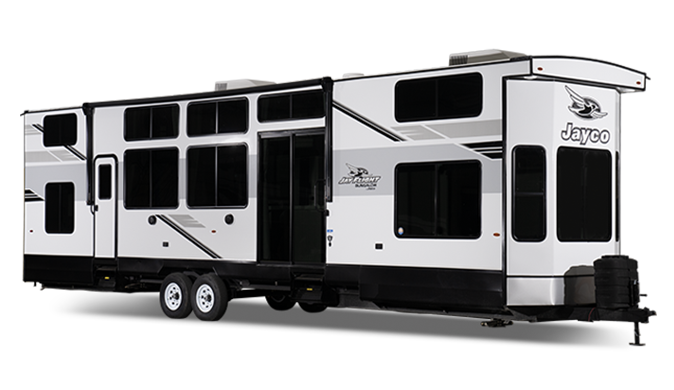
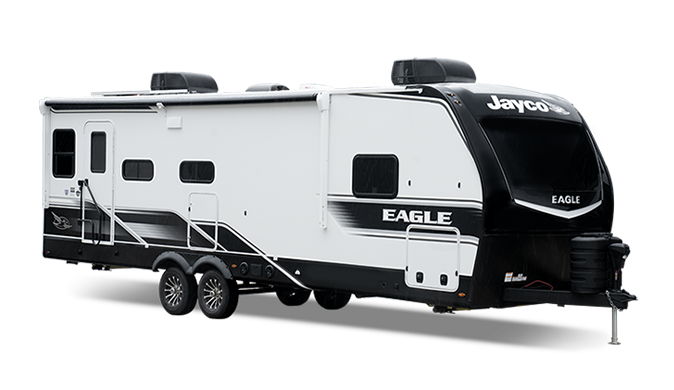
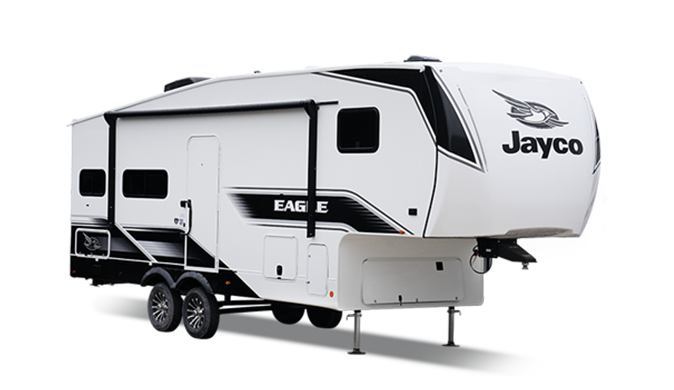
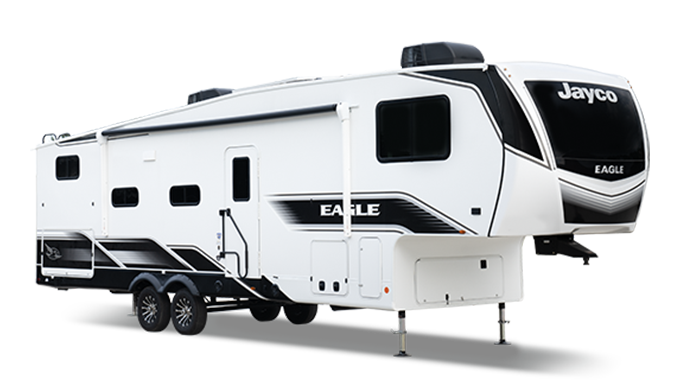
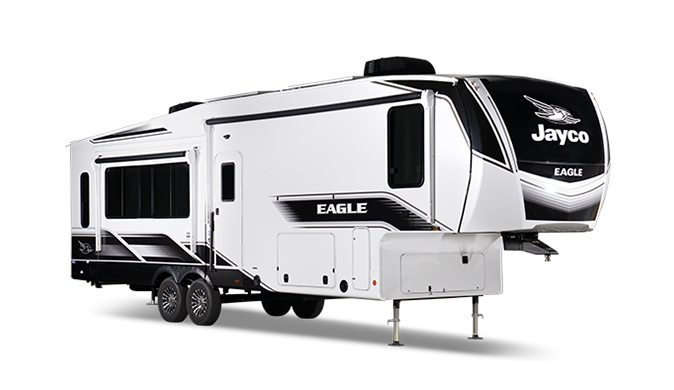
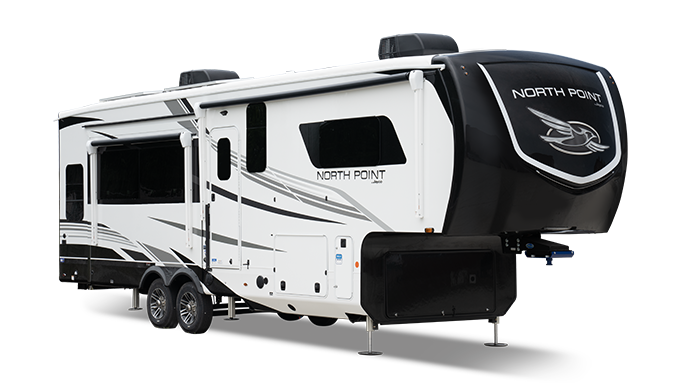
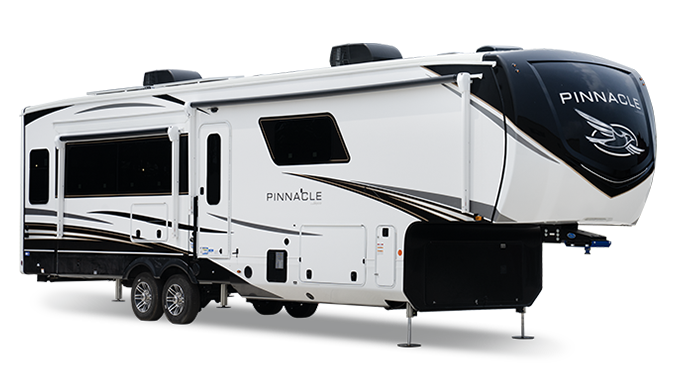
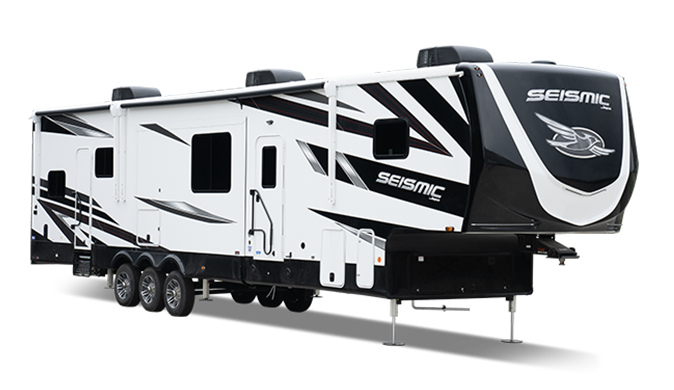
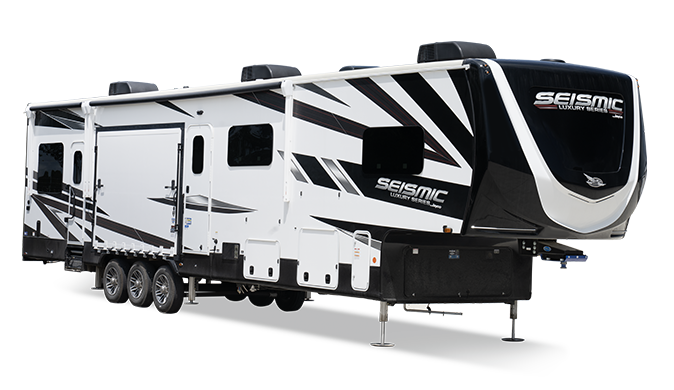
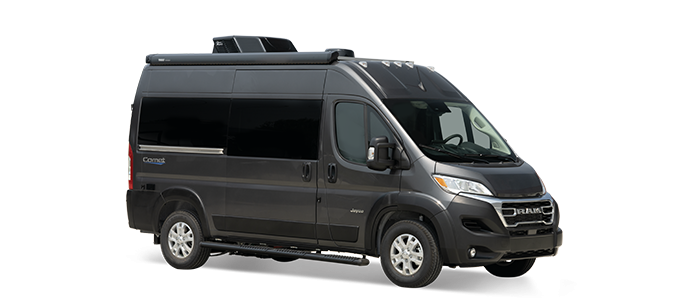
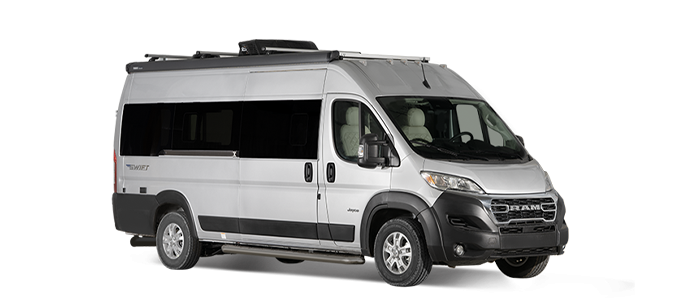
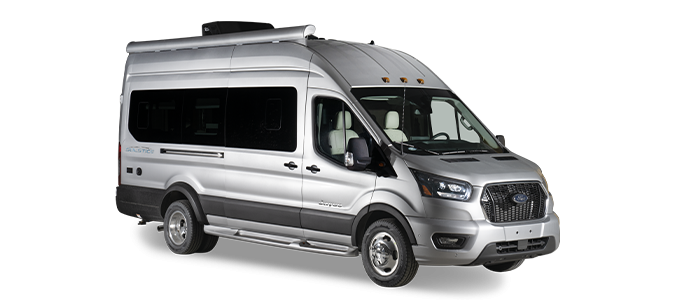
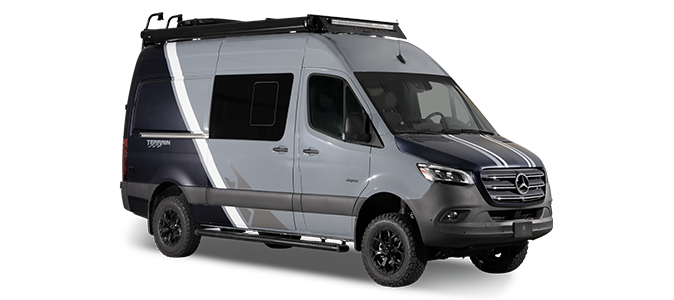
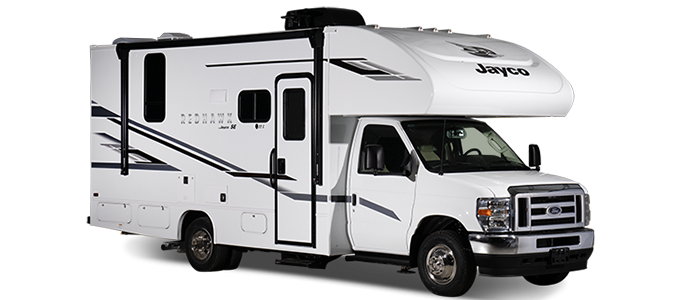
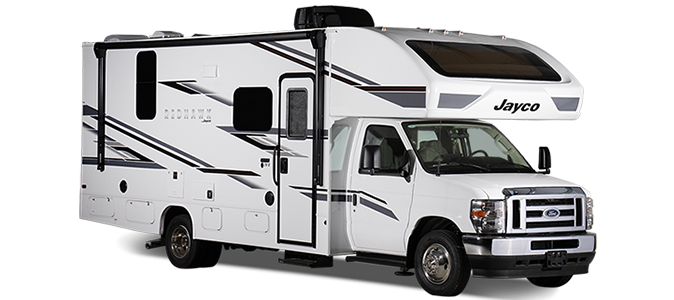
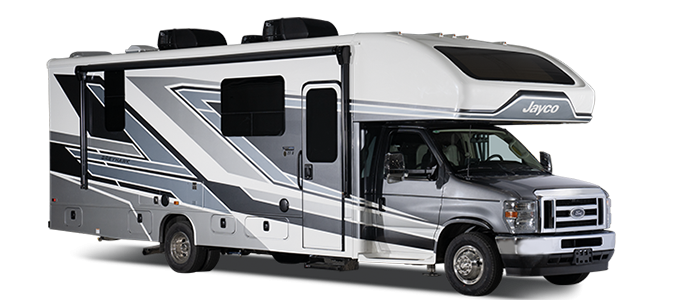
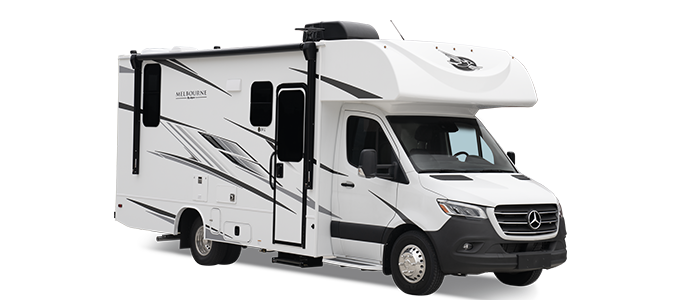
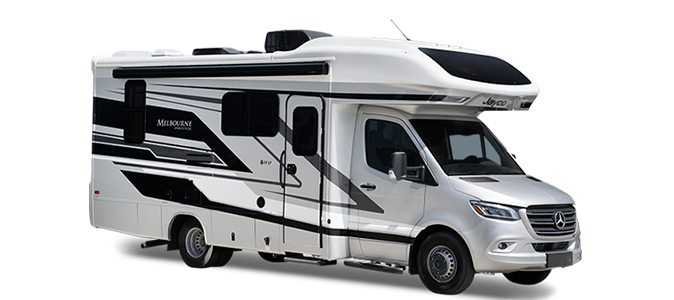
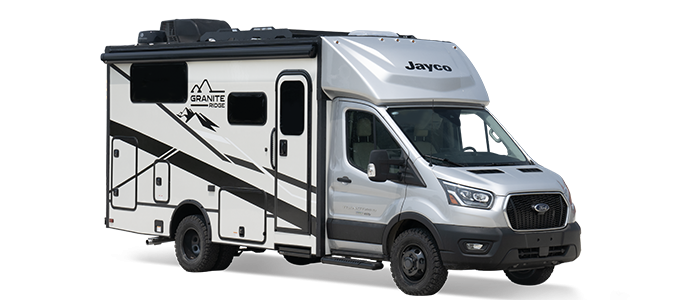
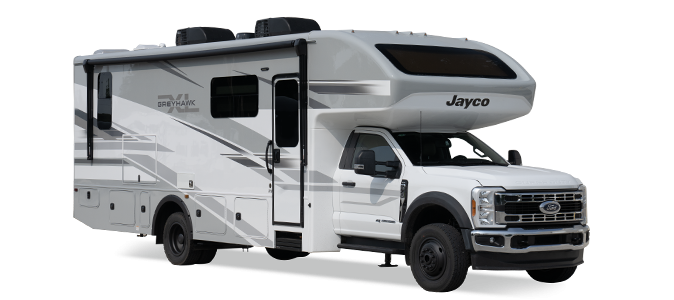
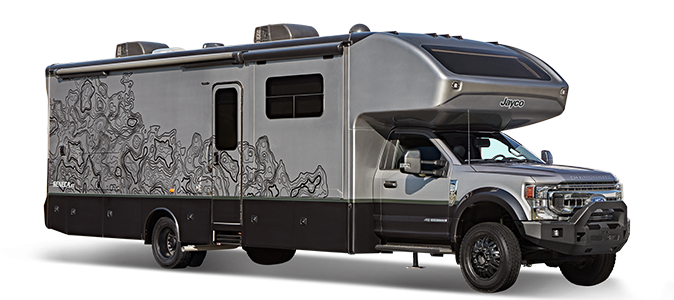
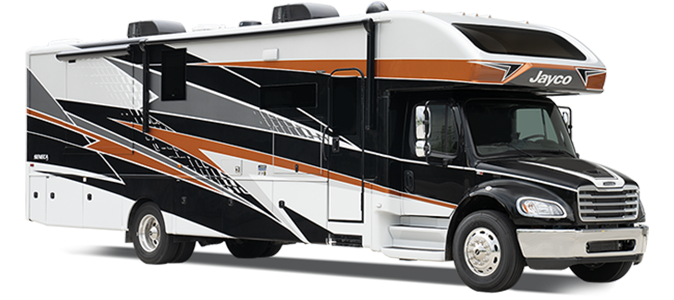
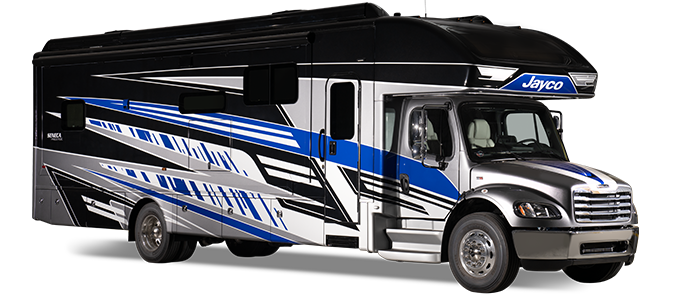
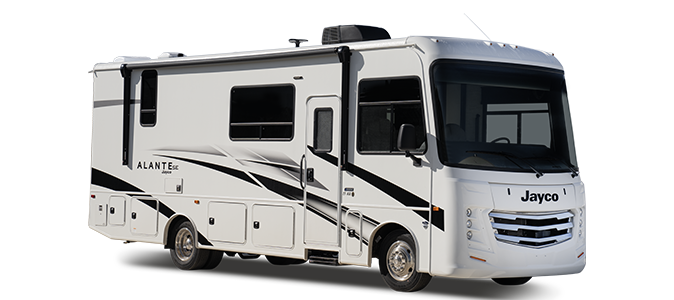
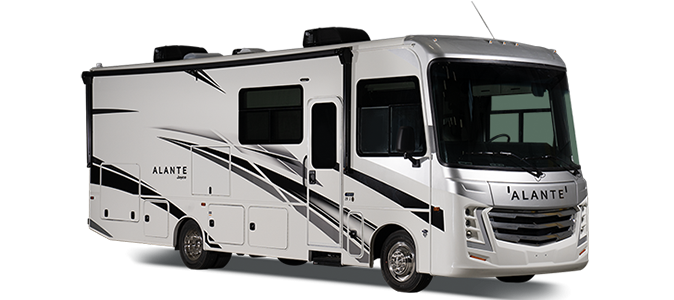
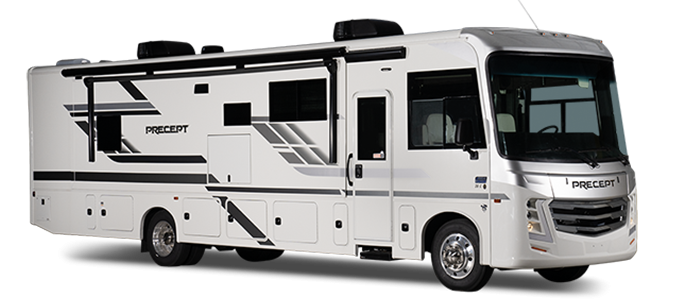
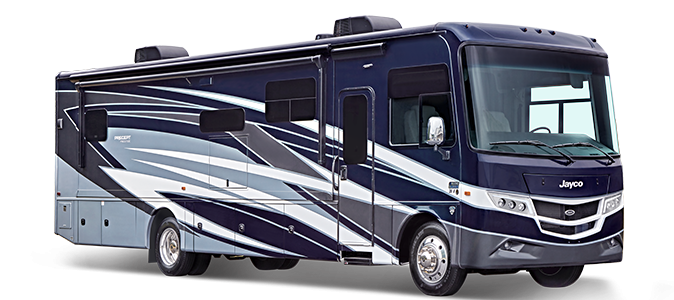
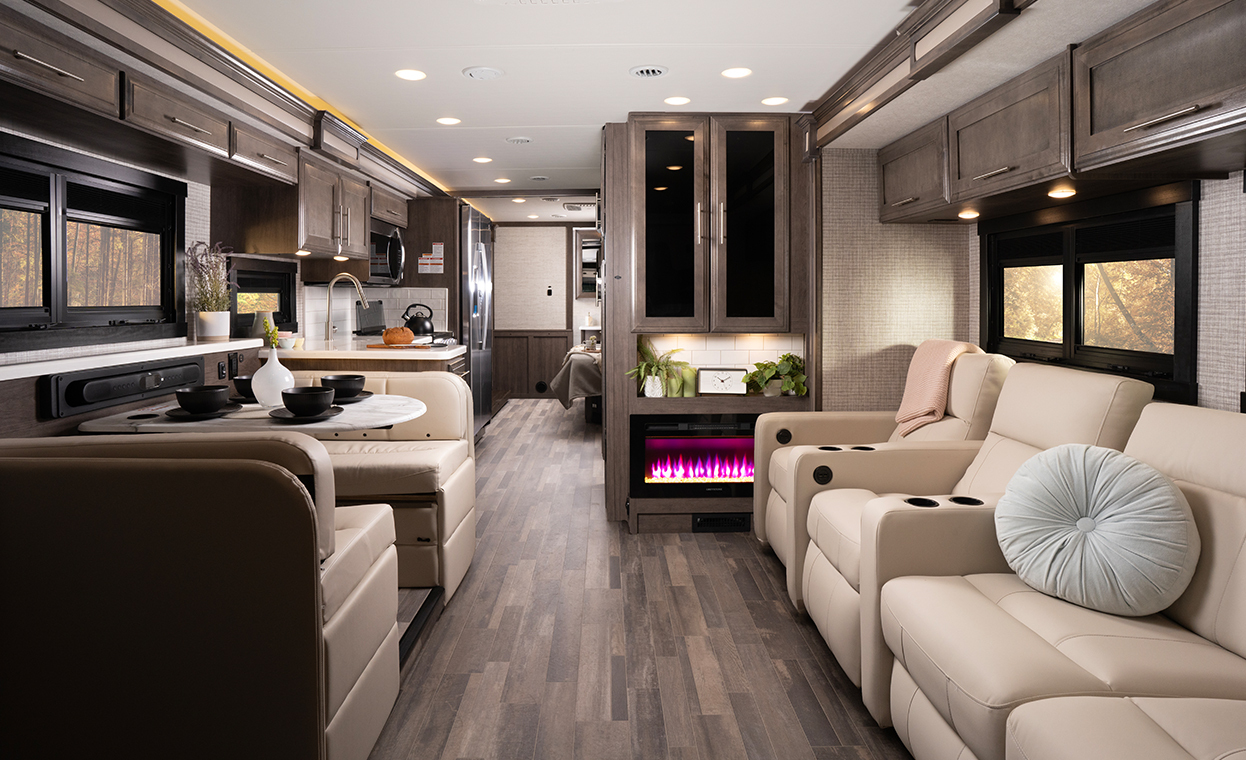
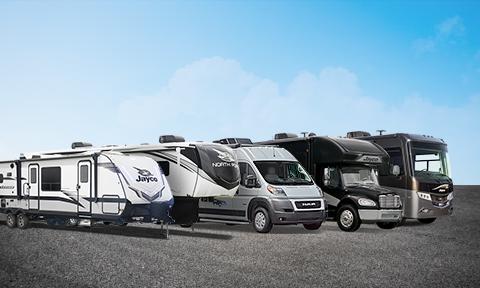
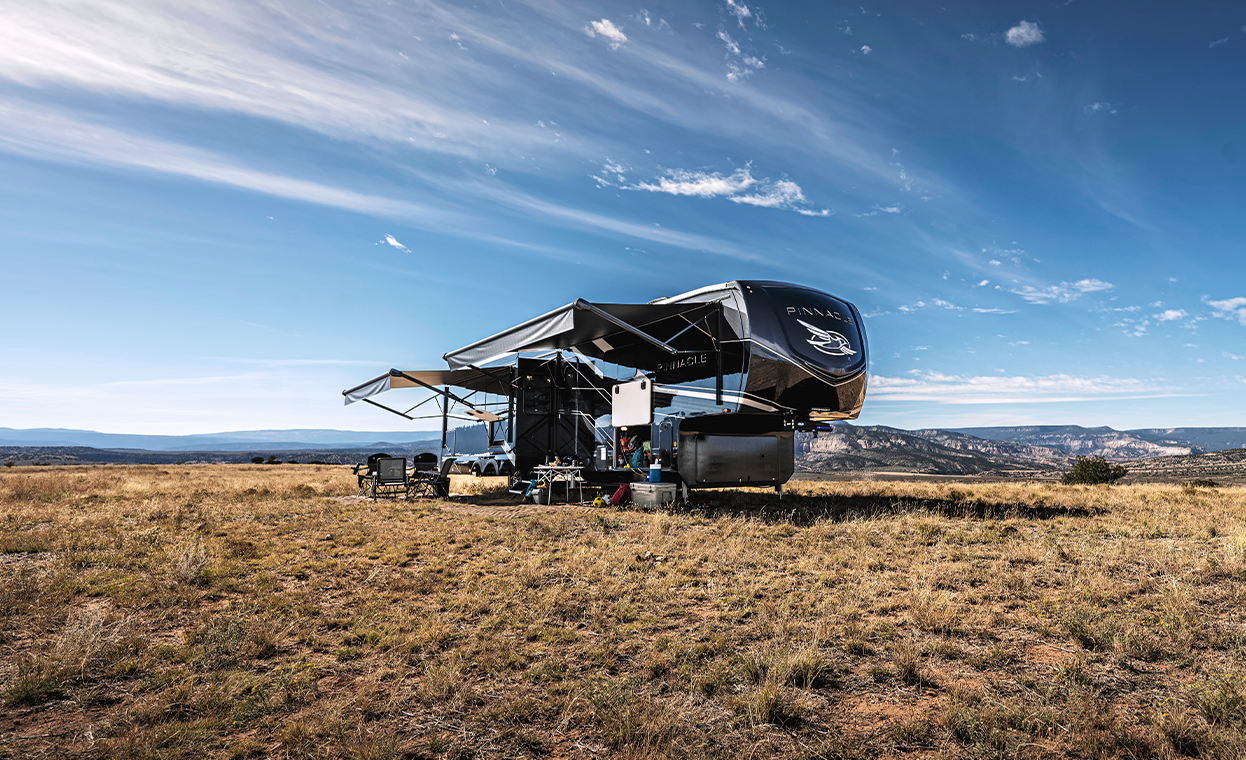
.png)
